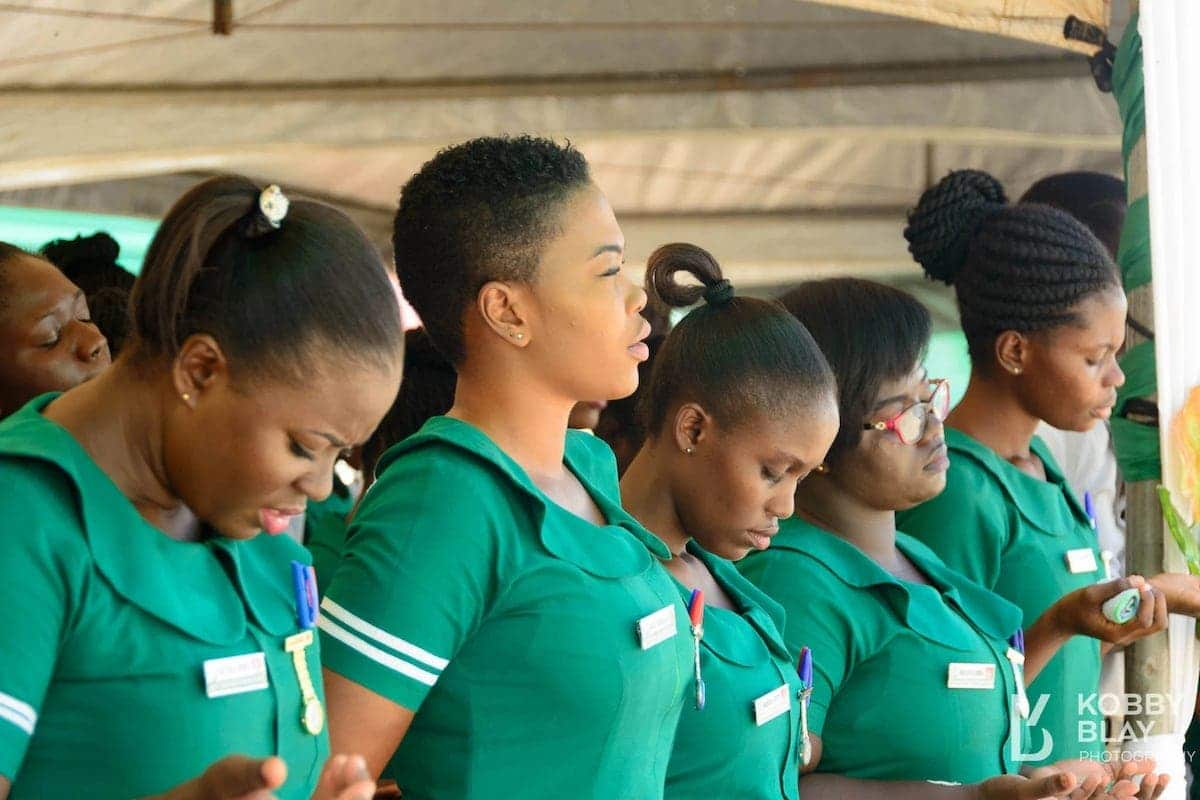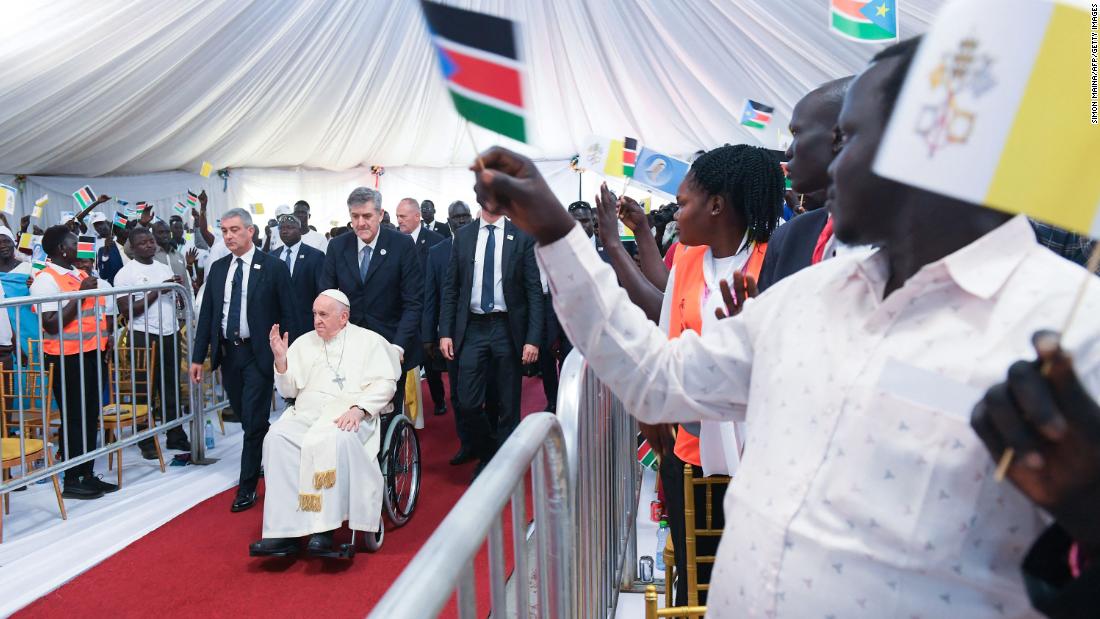Govt to blame over 3000 nurses that migrated for greener pastures – GRNMA
The Ghana Registered Nurses and Midwives Association (GRNMA) has disclosed that over three thousand (3,000) nurses have left Ghana in the past year to seek greener pastures.

The Ghana Registered Nurses and Midwives Association (GRNMA) has disclosed that over three thousand (3,000) nurses have left Ghana in the past year to seek greener pastures.
According to the Association, this alarming migration is due to the inefficiencies of government.
This was disclosed by Ashanti regional chairman of the GRNMA, Jones Afriyie Anto.
He says the government has over the years failed to implement collectively agreed conditions of service.
He added that three years ago they negotiated incentives for personnel posted to rural areas.
The government agreed on mapping the rural areas to kick-start implementation, but this has not been done.

An agreement on teaching and research allowances for health tutors is also yet to be implemented.
Mr. Afriyie Anto says these challenges have forced many of health workers to seek greener pastures.
Recently, the Upper East Regional Director of the Ghana Health Service (GHS), Dr. Emmanuel Kofi Dzotsi, called on the management of health training institutions in the region to sack non-performing nursing trainees.
According to him, the situation where students were pushed through the system even though they could not pass their semester examinations was unacceptable.
He said any nurse or midwife trainee who could not make the required pass mark must not be considered.
He made this known when addressing nurses and midwives at the regional launch of the International Nurses Day celebration in Navrongo, and said human life was precious and must not be entrusted to the hands of people who were not serious during their training, but found their way out as nurses and midwives.
Dr. Dzotsi said "So, if they don't visit the hospitals, how can they gain practical experience...we need quality and well-trained nurses and midwives to care for the sick in this Region.
"We cannot compromise on quality", he added.

















